arsenic drinking jersey
2020-02-13T22:02:39+00:00
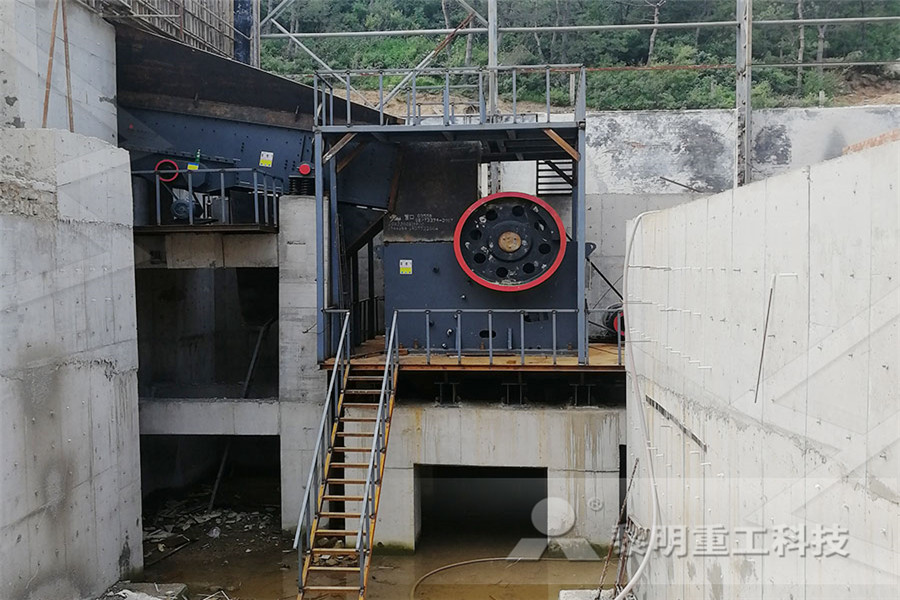
Drinking Water Facts: Arsenic in New Jersey
Arsenic in New Jersey Drinking Water Facts: General Information Arsenic is a toxic element that can be found in rocks and soil that are present in New Jersey’s (NJ) geology Arsenic is a concern particularly in NJ’s northern counties* because of its bedrock geology Arsenic can enter groundwater through rocks and soil and drinking water wells can New Jersey now has the most protective arsenic drinking water standard in the nation New Jersey requires monitoring for arsenic at more than 600 public community water systems and 900 nontransient, noncommunity systems, which combined serve around 85 percent of the state's populationNJDEP New Jersey Department of Environmental New Jersey also has one of the toughest standards for allowable arsenic levels, 5 micrograms per liter (the federal standard is 10) About a million people in New Jersey, 11 percent of the population, drink water from private wells, according to a 2010 report (a pdf) by the United States Geological Survey Results from tests conducted from 20022012 under the New Jersey Private Well Testing Act show that more than 10 percent of wells tested exceed state limits for arsenic in drinking Get the Facts: Arsenic in New Jersey Well Water
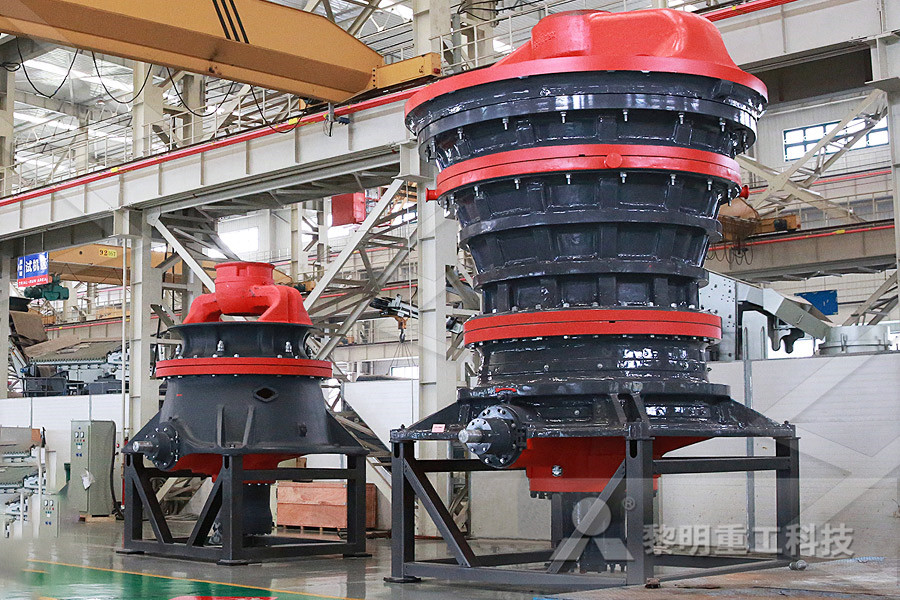
(PDF) DISTRIBUTION OF ARSENIC IN THE
Arsenic concentrations in ground water, surface water, and drinking water rarely exceeded the previous Federal and State Maximum Contaminant Level (MCL) of 50 determine the relation between the presence of arsenic in the environment and in drinking water Distribution of Arsenic in the Environment Arsenic use Arsenic was used in New Jersey as a pesticide on cropland, turf, and golf courses From 1900 to 1980, about 49 million pounds of lead arsenate and 18 million pounds of calcium arsenate wereDISTRIBUTION OF ARSENIC IN THE ENVIRONMENT IN Arsenic is a known human carcinogen and is known to occur in New Jersey drinking water sources The Commissioner of the New Jersey Department of Environmental Protection (NJDEP) requested that the New Jersey Drinking Water Quality Institute (Institute) review the most current literature on arsenic in drinking water and recommend a Maximum ContaminantMaximum Contaminant Level Recommendations for
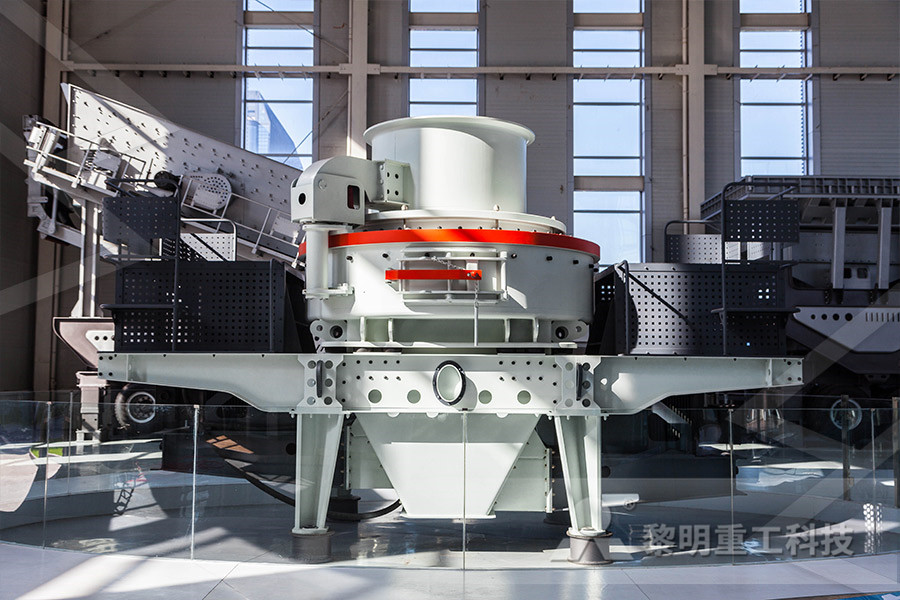
NJDEP NJGS IC Arsenic in New Jersey Ground Water
Arsenic in New Jersey Ground Water Arsenic (As) is a toxic element that is known to pose a risk of adverse health effects in people who consume water containing it These impacts include, but are not limited to, cancer of the skin, bladder, lung, kidney, In New Jersey, the standard for arsenic is 5 micrograms per liter (abbreviated as "μg/L") If arsenic levels are greater than 5 micrograms/liter, we encourage the use of bottled and/or properly treated water for all drinking and cooking, and encourage the Frequently Asked Questions New Jersey Arsenic State regulation indicate that water samples collected from Bergen, Essex, Hudson, Hunterdon, Mercer, Middlesex, Morris, Passaic, Somerset, Sussex, Union, and Warren Counties, must be analyzed for arsenic in addition to the other drinking water parameters These counties are located within the highrisk area of the Piedmont Physiographic ProvinceArsenic in New Jersey — Geographic Services Inc
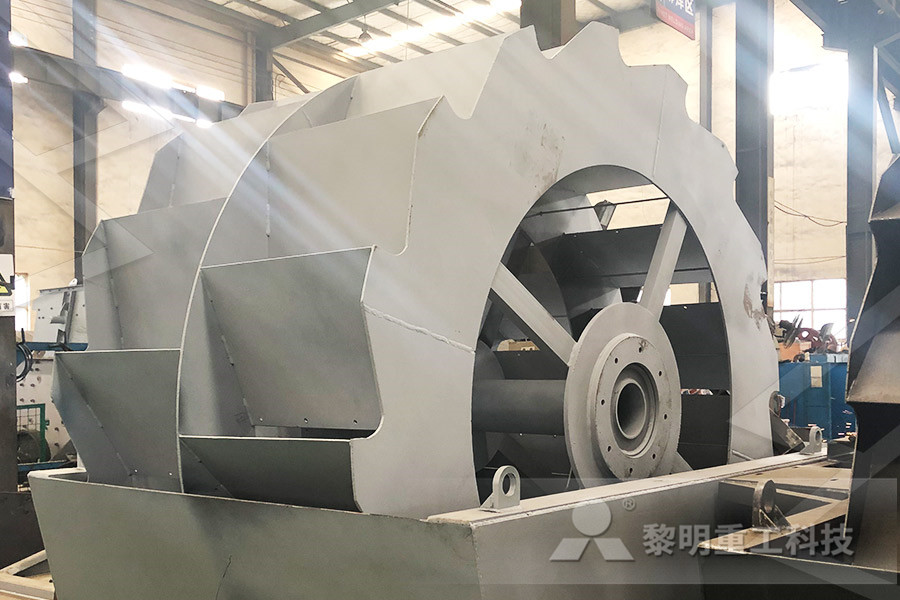
Health Risks Research New Jersey Arsenic Awareness
Comment on Uncertainty: The number for arsenic deaths at the 10ppb MCL comes from the NRC 2001 Update on Arsenic in Drinking WaterWhile the authors of the update agreed that the extensive data from SW Taiwan provides a sound database on the arsenic drinking water standard in New Jersey, effective in January 2006 TESTING Arsenic in well water is colorless, odorless, and tasteless The only way to identify its pres ence is to have the water specifically tested for arsenic You should have your water tested for arsenic if Arsenic Water Treatment for Residential Wells in New Jersey Results from tests conducted from 20022012 under the New Jersey Private Well Testing Act show that more than 10 percent of wells tested exceed state limits for arsenic in drinking water, according to the New Jersey Arsenic Awareness Initiative In some townships more than 40 percent of private wells tested exceeded state limitsGet the Facts: Arsenic in New Jersey Well Water
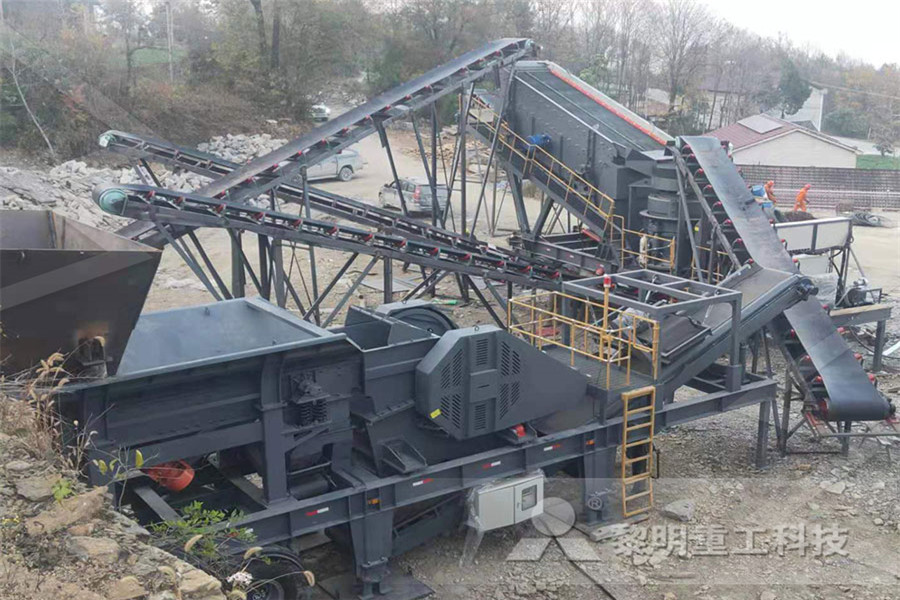
Health Risks Research New Jersey Arsenic Awareness
Comment on Uncertainty: The number for arsenic deaths at the 10ppb MCL comes from the NRC 2001 Update on Arsenic in Drinking WaterWhile the authors of the update agreed that the extensive data from SW Taiwan provides a sound database on the effects of arsenic on humans, adequate for risk assessment, a number of sources of uncertainty in the data remain TRENTON, New Jersey, (ENS) Tens of thousands of New Jersey residents are drinking polluted water from private wells, according to a new state report, and radioactive contamination is the most common violation of state standards The new report from the state Private Well Testing Act Program covers the fiveyear period from 20022007 and includes samples from more than one out of Radioactivity, Arsenic Contaminate New Jersey To inquire about New Jersey certified laboratories for arsenic testing of drinking water, contact the Office of Quality Assurance at (609) 2923950 For information on Federal drinking water regulations, health effects of arsenic in drinking water, and other water safety issues, contact the United States Environmental Protection Agency Safe Health Indicator Report of Arsenic in Community
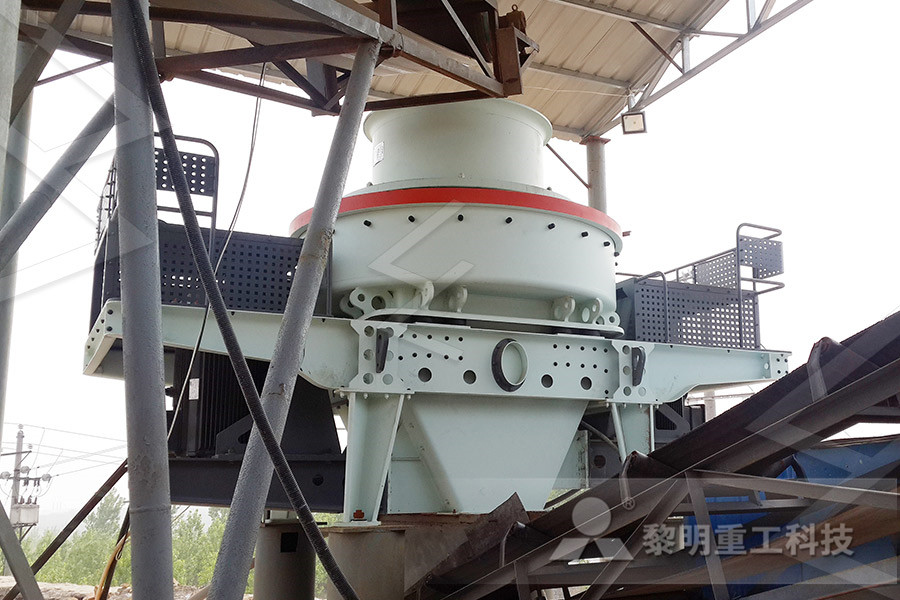
Arsenic in New Jersey Coastal Plain Streams, Sediments
Jersey drinkingwater maximum contaminant level (5 µg/L) in shallow groundwater that discharges to streams Microbes, fueled by organic carbon beneath the streambed, reduce iron (Fe) and As, releasing As and Fe into solution in the shallow groundwater from geologic materials that “Arsenic can be filtered from drinking water, but first you have to know it’s there” Arsenic is a metal that occurs naturally in bedrock, especially those found in New Jersey’s Piedmont Arsenic on the rise in Central Jersey wells Natural mineral deposits, primarily pyrite, in bedrock may cause elevated levels of arsenic in groundwater Elevated levels of arsenic have been identified in many aquifers in the Piedmont Physiographic Province, ranging from less than 1 µg/L (micrograms/liter) to 57 µg/L, according to analytical results from wells sampled in Western New Jersey from 20002001Arsenic in New Jersey — Geographic Services Inc
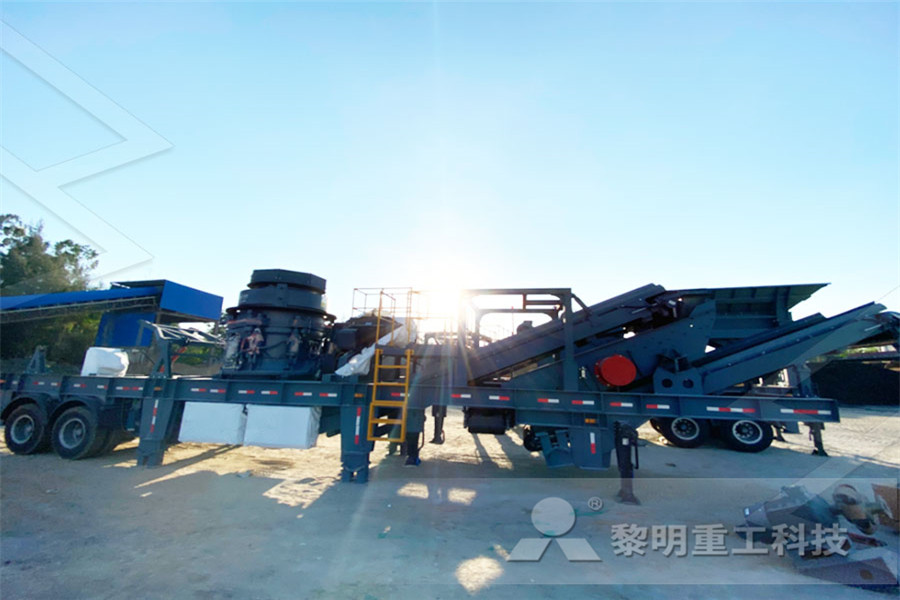
Arsenic National Institutes of Health
Arsenic is a known human carcinogen associated with skin, lung, bladder, kidney, and liver cancer 4 A new study from the NTP Laboratory that replicates how humans are exposed to arsenic through their whole lifetime found that mice exposed to low concentrations of arsenic in drinking water developed lung cancer Results from tests conducted from 20022012 under the New Jersey Private Well Testing Act show that more than 10 percent of wells tested exceed state limits for arsenic in drinking water, according to the New Jersey Arsenic Awareness Initiative In some townships more than 40 percent of private wells tested exceeded state limitsGet the Facts: Arsenic in New Jersey Well Water To inquire about New Jersey certified laboratories for arsenic testing of drinking water, contact the Office of Quality Assurance at (609) 2923950 For information on Federal drinking water regulations, health effects of arsenic in drinking water, and other water safety issues, contact the United States Environmental Protection Agency Safe Health Indicator Report of Arsenic in Community
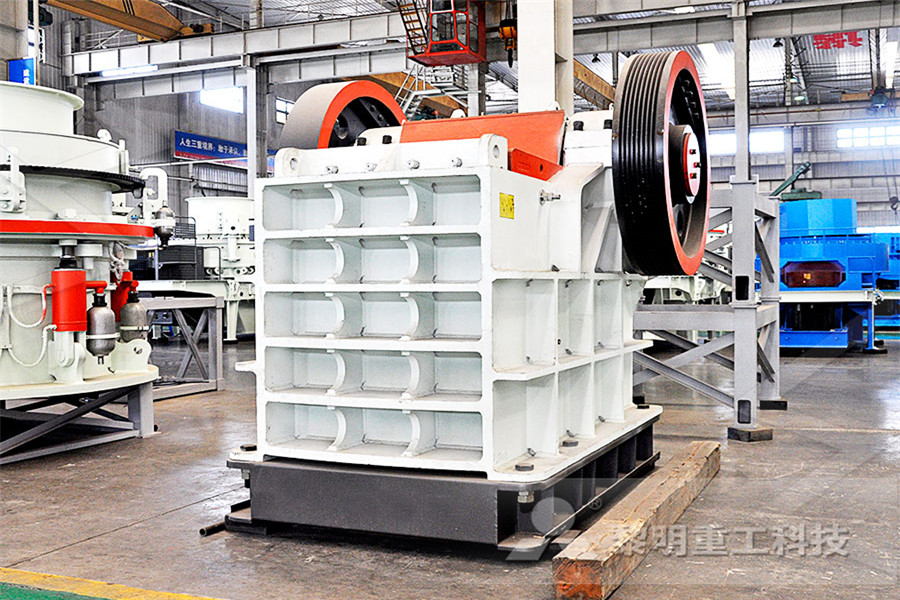
Arsenic in New Jersey Coastal Plain Streams, Sediments
Jersey drinkingwater maximum contaminant level (5 µg/L) in shallow groundwater that discharges to streams Microbes, fueled by organic carbon beneath the streambed, reduce iron (Fe) and As, releasing As and Fe into solution in the shallow groundwater from geologic materials that “Arsenic can be filtered from drinking water, but first you have to know it’s there” Arsenic is a metal that occurs naturally in bedrock, especially those found in New Jersey’s Piedmont Arsenic on the rise in Central Jersey wells Natural mineral deposits, primarily pyrite, in bedrock may cause elevated levels of arsenic in groundwater Elevated levels of arsenic have been identified in many aquifers in the Piedmont Physiographic Province, ranging from less than 1 µg/L (micrograms/liter) to 57 µg/L, according to analytical results from wells sampled in Western New Jersey from 20002001Arsenic in New Jersey — Geographic Services Inc
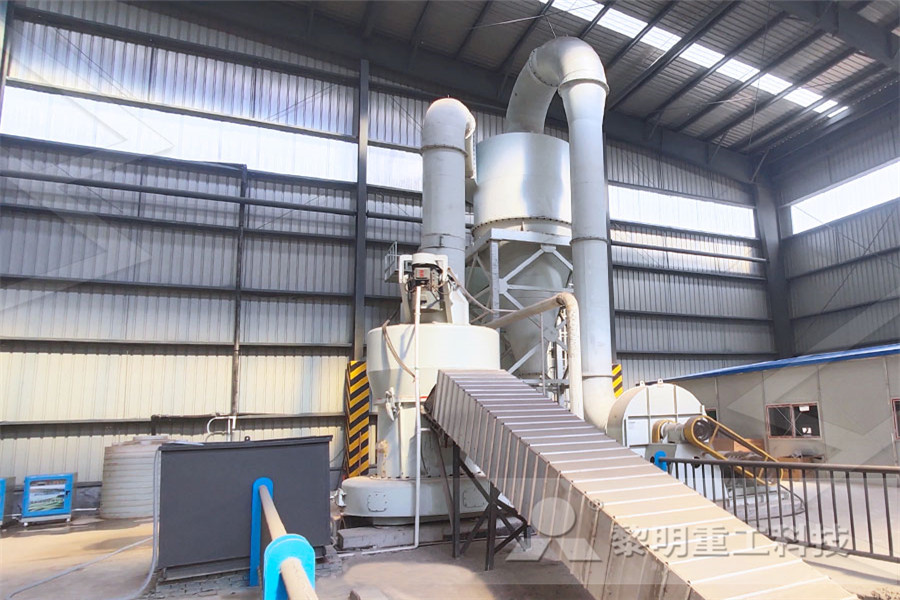
Appendix E Wiley Online Library
For example, since 2006, the American state of New Jersey has enforced an arsenic drinking water standard or maximum contaminant level (MCL) of 5μgl−1 instead of the federal MCL of 10μgl−1 (New Jersey Administrative Code 7 : 10–52) Italicized terms in the text of this appendix or Perhaps something can be learnt from the drinking water utilities in New Jersey and Denmark where 5 μg/L As has been established as the maximum contaminant level since 2006 and 2017 respectively [18, 19], as well as from The Netherlands where drinking water companies are making efforts to reduce As in drinking water to below 1 μg/L [20, 21]Arsenic in Drinking Water: Is 10 μg/L a Safe Limit Arsenic is a known human carcinogen associated with skin, lung, bladder, kidney, and liver cancer 4 A new study from the NTP Laboratory that replicates how humans are exposed to arsenic through their whole lifetime found that mice exposed to low concentrations of arsenic in drinking water developed lung cancerArsenic National Institutes of Health

Arsenic on the rise in Central Jersey wells ktvb
Neighbors create 'traffic jam' in opposition of Interfaith Sanctuary relocation to old Salvation Army building Arsenic in Drinking Water: Is 10 μg/L a Safe Limit? Arslan Ahmad1,2,3 Prosun Bhattacharya2 Published online: 16 January 2019 # The Author(s) 2019 Keywords Arsenic DrinkingWater HealthEffects WaterUtilities Arsenic (As) is a naturally occurring element in the Earth’s crust Both anthropogenic and natural processes can releaseArsenic in Drinking Water: Is 10 μg/L a Safe Limit?
gold processing equipment sale south africa
small stone hand grinding mill
used cement ball mills for sale india
blue metal crusher machine price list in Iran ore crusher
gypsum powder production used in india
iron iron ore ball mill motor
mining mpanies in swaziland
advantages and disadvantage of quarrying crusher
Landis 36 X 216 Type 30r Roll Grinding Machine
name of leading international crushing screening mpany
herb grinding machine price
Mining Processes And Machinery Required To Extract Mineral
Concrete Primary Crusher Cost
crushing plant limestone into talk
crushing machine manufacturer pakistan
Machine Used For Mining
crusher machine part
brick grinding production line
rent heavy vibrating screen
gold mining businesses for sale in canada
milling machines results
Characteristics Of Hybrid Traxx Mining Mill
rock recycling crusher turkey
slag grinding mill nigeria
ore crusher vietnam machine rock crusher
gold ore crusher manufacturers india
productos de hoja de hierro
fine grinding with a ball mill pdf
afghanistan al mine
cinnabar mobile crusher for sale in ethiopia









